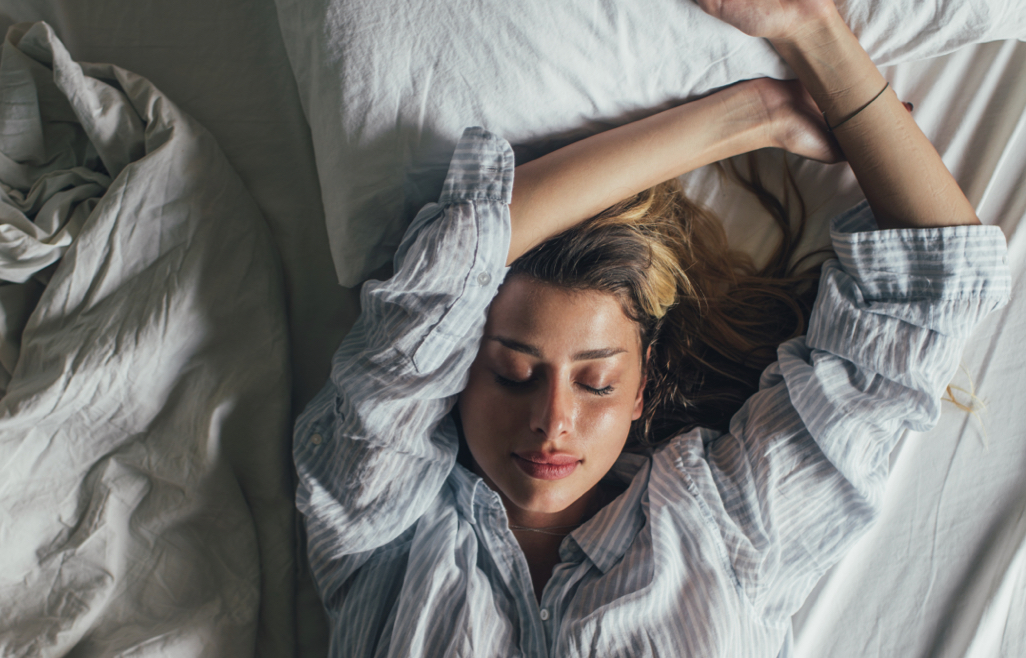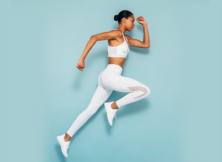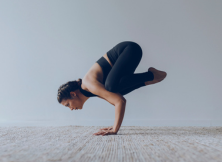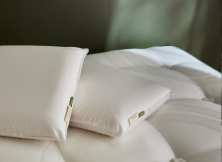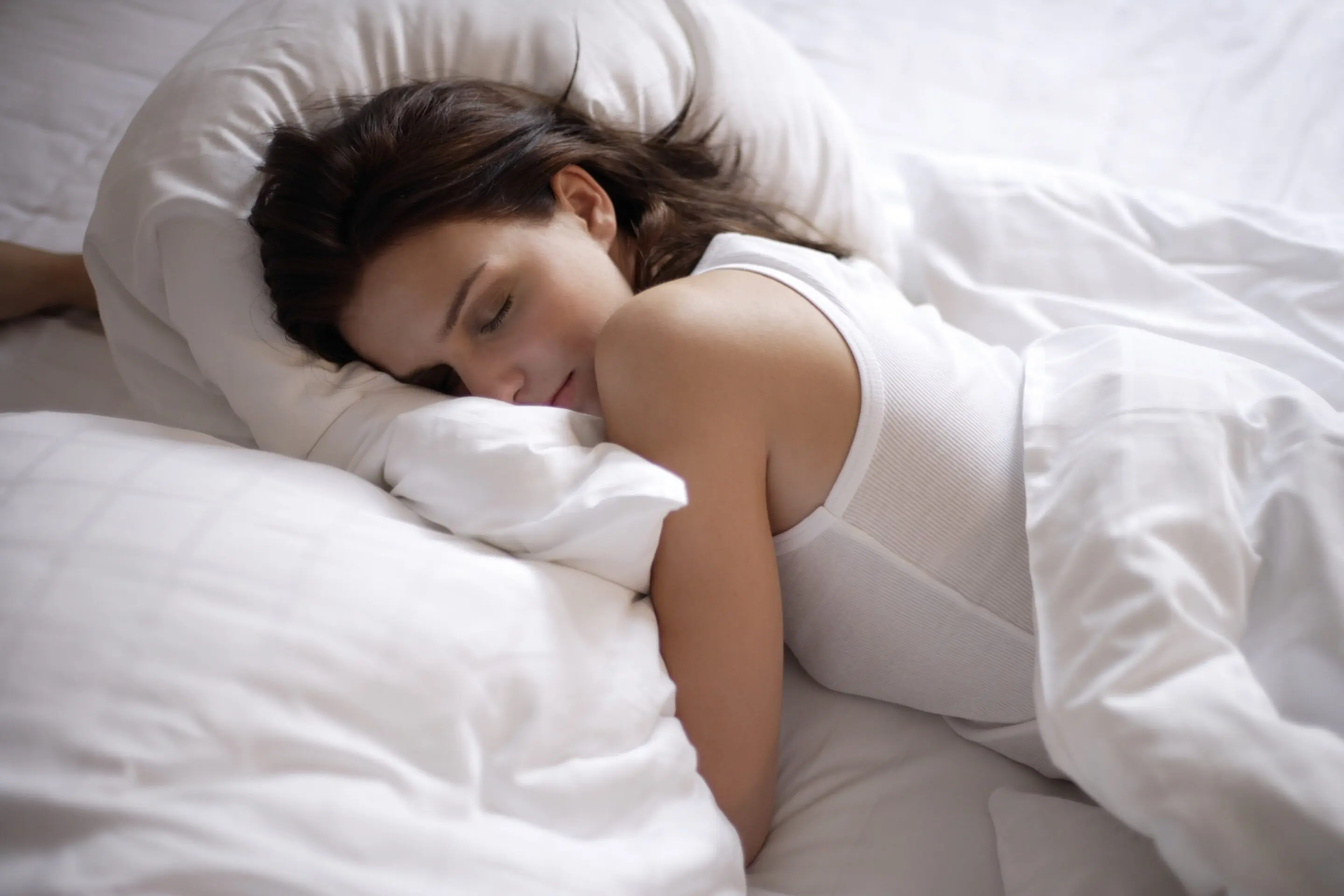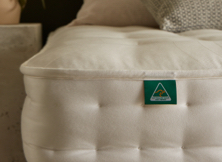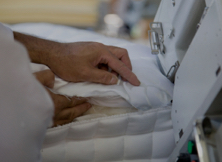At an early age, athletes are trained to find a competitive advantage over their opponents. You snooze you lose, right? Wrong! While many competitive advantages are discovered through coaching and practice, there are other methods athletes are using to get faster, stronger, and smarter. Nowadays, athletes are getting back to basics and discovering a tried and true solution to vastly improve their performance: Sleep!
Just as athletes need more calories to fuel their bodies for their sport, they also need more shut-eye. Why? Poor sleep leads to a decrease in performance. Sleepiness can lead to lower levels of alertness and sluggish movements. Athletes must be awake and alert. Especially when the difference between gold and nothing is often milliseconds or the precision of just one move.
Lots of physical activity puts more demand on muscles and tissues, and the body repairs itself during slumber. Without sleep, athletes can’t train at their peak as their muscles are not getting adequate time to build and repair. Sleep not only helps the body recover, it’s also a sure-fire performance booster.
Sleep to be faster
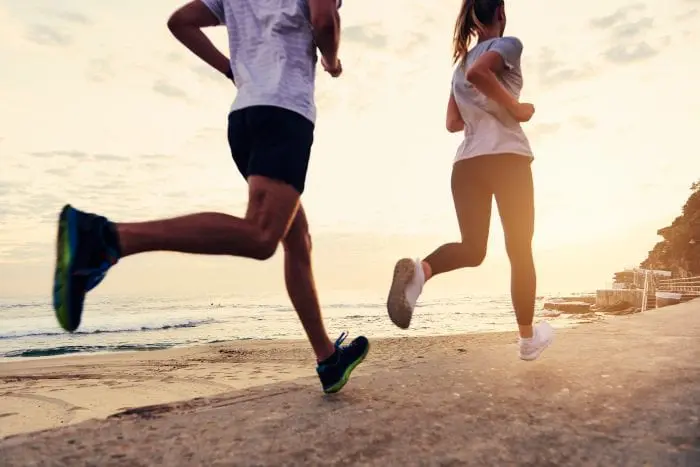
Getting the right amount of quality sleep improves reaction times and reflexes. Be it a swimmer getting off the starting block or a batsman reacting to a fast ball, an athletes’ reaction time can be the difference between winning and losing. And lightning-quick reaction times start with a good night’s sleep. In a well-known study, basketball players who had an extra two hours of sleep a night boosted their reaction speed by 5%, and their accuracy by 9%.
Sleep to increase your intensity

Athletes getting at least nine hours of sleep a night are more likely to do higher-intensity workouts such as weight lifting, biking, or running. More sleep means you’ll have more energy to get physical.
Sleep to increase your mental strength

Training and competition can call for just as much mental as physical strength, and getting enough shut-eye can benefit you here too. Sleep loss impairs judgement. Without sleep, the brain struggles to consolidate memory and absorb new knowledge. Studies have shown motivation, focus, memory, and learning are impaired by shortened sleep. An athlete who is sleep-deprived will tend to think they are more fatigued than they actually are. Additionally, the body will produce more cortisol, a hormone that tends to be released in great times of stress. A bad mood combined with higher levels of stress is a formula for underperforming.
Sleep to boost your coordination

You can help your body better consolidate memories linked to motor skills simply by hitting the sack. In fact, sleep is vital for cementing recall linked to body movements. So whether you want to be able to repeat that perfect tennis backhand from yesterday’s practice or better hone your skills when shifting gears on your bike, getting your zzz’s may be just as important as fitting in a training session.
Sleep to recover more quickly
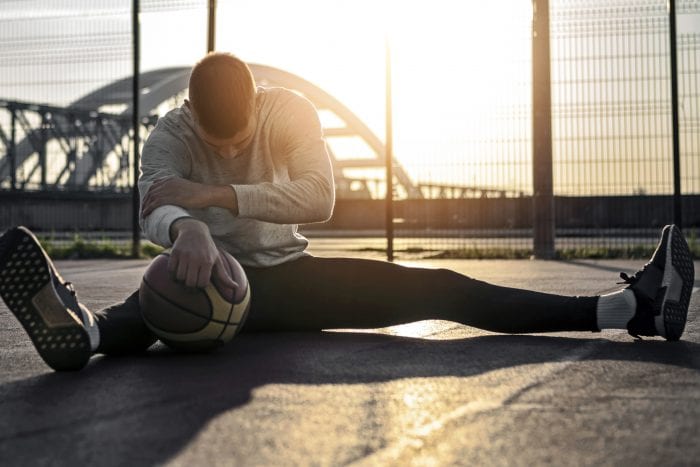
Sleep is also necessary for the body to heal and recover after a physically demanding training session. Whether recovering from injury or increased physical activity, your body depends on certain stages of sleep to produce Human Growth Hormone (HGH). This hormone is essential for production of proteins your body needs for muscle development and recovery. It’s what helps your muscles to repair while growing thicker and stronger.






